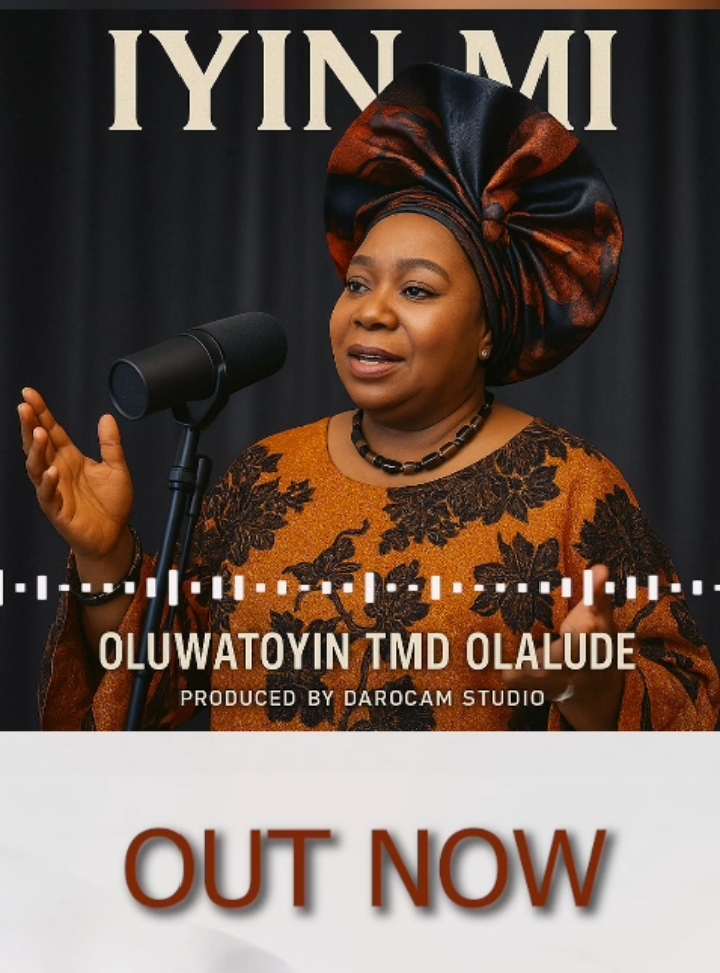Media report on onion imports false, misleading – ORO/WCA, NOPPMAN … Say Nigeria exports Onions to Niger, other countries. By Gidado Khaleel

Media report on onion imports false, misleading – ORO/WCA, NOPPMAN
… Say Nigeria exports Onions to Niger, other countries

The Regional Observatory of Onion in West and Central Africa (ORO/WCA) and the National Onion Producers, Processors and Marketers Association of Nigeria (NOPPMAN) have debunked a recent publication by The Guardian newspaper which claimed that truckloads of onions from Niger Republic were flooding Nigerian markets and causing a crash in prices.
In a statement released on Sunday, the groups described the report as false, misleading and lacking any basis in verified trade or market data.


“Nigeria remains the largest producer of onions in Sub-Saharan Africa,” the statement read.
“Far from relying on imports from Niger Republic, Nigeria actually exports onions to that country and others within West Africa.”
Providing current market data, the associations highlighted that the price of onions in Niger Republic as of July 2025 ranged between 35,000 and 50,000 CFA (₦95,000 – ₦135,000) per bag—exclusive of transportation and import duty—while the price in Nigeria stood at ₦90,000 – ₦100,000. By contrast, in March 2025, onions sold at ₦40,000 per bag in Nigeria and 15,000 CFA (₦50,000) in Niger.

“These figures clearly demonstrate that importing onions from Niger Republic is economically impractical at present, and the report suggesting otherwise is without merit,” the statement said.
The onion groups further explained that price fluctuations in Nigeria are primarily seasonal, influenced by input costs, storage capacity, and internal demand cycles, not by foreign imports.
They also confirmed that Nigeria’s onion exports are still active and that Niger Republic relies on Nigerian supply, particularly during its own lean season.
“Trucks seen from Niger Republic are usually transiting through Nigeria to other West African countries due to proximity, not importing onions into Nigeria,” they clarified.
Condemning what they described as “irresponsible journalism,” the associations urged The Guardian and other media outlets to verify facts and consult relevant industry stakeholders before publishing sensitive reports that could mislead the public and harm the agricultural sector.
They also commended the Federal Government for its continued support of onion farmers across the country, especially those affected by recent floods.

According to the groups, the interventions by the Federal Ministry of Agriculture and Food Security and the National Agricultural Development Fund (NADF) are helping vulnerable farmers return to production and secure their livelihoods.
They reaffirmed the commitment of the onion sector to sustainable supply, improved storage technologies, and processing innovations that would boost food security, farmer incomes, and the nation’s economic growth.
For verified data and information on onion production and trade in Nigeria and West Africa, the public is encouraged to contact the association via: info@noppman.ng.
—————————————————–
Press Release
Date: 20th July, 2025
FALSE REPORT ON NIGER REPUBLIC ONION IMPORTS BY GUARDIAN NEWSPAPER: SETTING THE RECORD STRAIGHT
The attention of the Regional Observatory of Onion in West and Central Africa (ORO/WCA) and the National Onion Producers, Processors and Marketers Association of Nigeria (NOPPMAN) has been drawn to a misleading publication by the Guardian Newspaper alleging that truckloads of onions from Niger Republic are flooding Nigerian markets, thereby crashing onion prices.
We wish to categorically state that this report is false, unfounded, and not supported by any market or trade data.
Key Facts:
1. Nigeria is the largest producer of onions in Sub-Saharan Africa.
Far from being dependent on Niger Republic, Nigeria exports onions to Niger Republic and other West African countries. Our production capacity far exceeds their national output.
2. Onion price comparison proves the report false:
Current price in Niger Republic (July 2025):
35,000 – 50,000 CFA (equivalent to ₦95,000 – ₦135,000 per bag) without transportation and import duty costs.
Current price in Nigeria (July 2025):
₦90,000 – ₦100,000 per bag.
March 2025 prices:
In Nigeria: ₦40,000 per bag (excluding packaging costs).
In Niger Republic: 15,000 CFA (₦50,000) per bag.
These figures show clearly that importing onions from Niger Republic is economically impractical, as their prices are currently higher than Nigeria’s domestic market prices.
It is therefore misleading to claim that imports from Niger are reducing onion prices in Nigeria.
3. Onion price dynamics are driven by internal seasonal factors:
Price fluctuations in Nigeria are due to seasonality, input costs, storage infrastructure, and market demand cycles, not imports from Niger Republic.
4. Nigeria’s onion exports remain active:
Official trade data and field reports confirm that Niger Republic depends on Nigerian onion supply, especially during their lean seasons, further invalidating claims of massive imports. Trucks from Niger Republic only Transit Nigeria to other part of West African countries because of their proximity to Nigerian border.
Our Position
We strongly condemn the dissemination of such inaccurate reports which undermine the hard work of Nigerian onion farmers, processors, and marketers, and misinform consumers and policy stakeholders.
Our Call to Action
We urge reputable media organizations like Guardian to:
a. Verify market data and engage sector associations before publication.
b. Support accurate reporting that promotes Nigeria’s agricultural sector and regional trade competitiveness.
Federal Government Support to Farmers
We also wish to acknowledge and appreciate the ongoing efforts by the Federal Government through the Federal Ministry of Agriculture and Food Security and the National Agricultural Development Fund (NADF) to support vulnerable onion farmers across Nigeria, particularly those severely affected by recent flooding, by providing necessary interventions to help them return to production and sustain their livelihoods.
The onion sector remains committed to ensuring sustainable supply, improved storage, and processing innovations that enhance food security, farmer incomes, and national economic growth.
For accurate information and data on onion production and trade in Nigeria and West Africa,
contact:
info@noppman.ng



